"There is nothing lonelier than being in a relationship and feeling as if you are completely alone.” - Lang Leav
Couple Therapy that Supports Real Change
Rebuild Connection. Strengthen Partnership. Heal Together.
Even strong relationships can lose their footing — therapy can help you find your way forward.
Couples come to Turning Toward for support with:
Communication breakdowns and ongoing conflict
Emotional distance, resentment, or loss of trust
Further strengthening a strong bond
Loss of intimacy or differences in sexual desire
Rebuilding after infidelity or betrayal
The impact of trauma, PTSD, or chronic stress
Navigating illness, grief, parenting, or major life changes
Reconnection and healing in long-term relationships
Pre-marital work to lay a foundation for lasting connection
Deciding whether to repair, maintain, or end the relationship
Whether you’re feeling distant, stuck in painful patterns, or navigating the impact of trauma or tragedy, therapy can offer a path forward.
At Turning Toward, I offer evidence-based couple therapy that helps partners reconnect, rebuild trust, and grow together.
What I offer:
-
IBCT helps you move beyond blame and frustration by identifying recurring patterns, deepening emotional understanding, and fostering compassion. This approach focuses on both acceptance and change — helping partners turn conflict into connection and differences into shared understanding.
-
At the core of most relationship struggles is disconnection. EFT helps couples identify the emotions and unmet needs that fuel conflict, so they can move from reactive cycles to secure, loving bonds. Grounded in attachment science, EFT is a deeply effective method for restoring emotional safety and intimacy.
-
Trauma affects not just individuals, but the relationships they hold most dear. CBCT-PTSD is a structured, research-backed approach that helps couples address the impact of PTSD together — reducing symptoms, improving communication, and restoring trust and partnership.
-
ACT for Couples helps partners become more present, open, and aligned with what truly matters in their relationship. Rather than getting stuck in control struggles or avoidance, ACT encourages both individuals to turn toward each other, make space for difficult emotions, and allow their respective values to guide their interactions. The focus is on building a deeper sense of connection, purpose, and forward movement — even when the relationship feels uncertain or strained.
What to Expect: The Couple Therapy Journey at Turning Toward
Across the types of evidence-based couple therapies I offer—such as Integrative Behavioral Couple Therapy (IBCT), Emotionally Focused Therapy (EFT), Cognitive-Behavioral Conjoint Therapy for PTSD (CBCT-PTSD), and Acceptance and Commitment Therapy (ACT) for Couples —a few things remain consistent: the work is emotionally attuned, collaborative, and grounded in scientific understanding of relationships. While each approach has its own tools and methods, they all share a focus on improving connection, communication, and emotional safety. Here is what you can expect from your couple therapy journey:
Initial Consultation
A brief phone or video call to understand your needs, answer questions, and determine goodness-of-fit.
Intake & Assessment (Weeks 1–3)
Couples therapy begins by getting to know you—both as individuals and as a couple. These first sessions focus on exploring your relationship history, patterns of interaction, current concerns, strengths, and hopes for change. While the main goal of the intake phase is information gathering and assessment, many couples report that this part of therapy is therapeutic in itself.
Session One: Conjoint assessment
Sessions Two and Three: Individual assessments with each partner
Therapeutic Roadmap (Week 4)
During the feedback session, I will provide initial feedback about what was shared during the assessment phase and we will collaboratively agree on an intervention plan.
Active Intervention Phase (Ongoing)
All remaining sessions are typically conjoint.
Formal practice assignments may or may not be part of your plan; however, couples who engage with the work both in and out of sessions tend to experience the most meaningful progress.
We will actively monitor progress toward your shared goals as therapy unfolds.
Sessions are structured and emotionally and cognitively engaged, aimed at interrupting painful cycles and helping you connect more deeply.
Focus areas often include:
Strengthening emotional connection
Improving communication and responsiveness
Rebuilding trust and intimacy
Turning toward one another with presence and care
Sustaining Change & Integration
As your relationship strengthens, we’ll shift focus to sustaining new patterns and building long-term connection.
This may include reinforcement of growth, preparation for future stressors, or intentional decision-making about next steps.
Ending Couple Therapy
Ending therapy is a thoughtful, collaborative process. We’ll reflect on your growth, celebrate what you’ve built, and ensure you feel equipped moving forward.
Whether therapy ends with renewed connection or a decision to part ways, my goal is to support you both in closing with clarity, integrity, and care.
Some couples schedule periodic check-ins to maintain progress or revisit tools as life evolves.
My Approach to Couple Therapy
Couple therapy is a space for healing—not for harm. I create a supportive, structured environment where both partners feel seen, heard, and respected. My style is warm, engaged, and active. I don’t sit back and watch conflict unfold; I guide the process with care and direction.
I practice bi-directional neutrality, meaning I don’t take sides. Instead, I work to understand and support both partners, helping you move out of blame and into shared understanding. My role is to interrupt destructive patterns, protect the integrity of your relationship, and help you build new ways of connecting—grounded in understanding, values, compassion, and mutual care.

Ready to turn toward each other again?
Schedule a free consultation call to see if couples therapy at Turning Toward is the right fit for your relationship. We’ll briefly discuss your goals, answer questions, and explore how we might work together.


